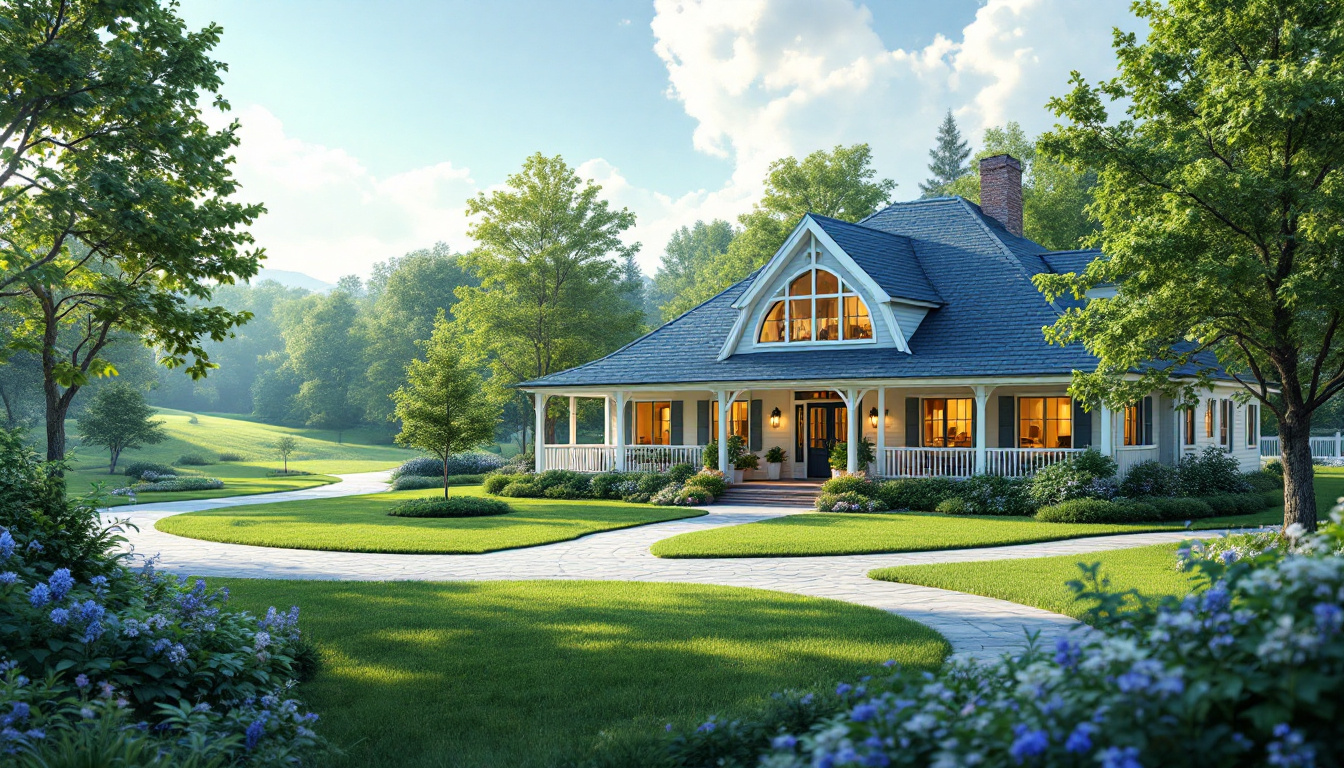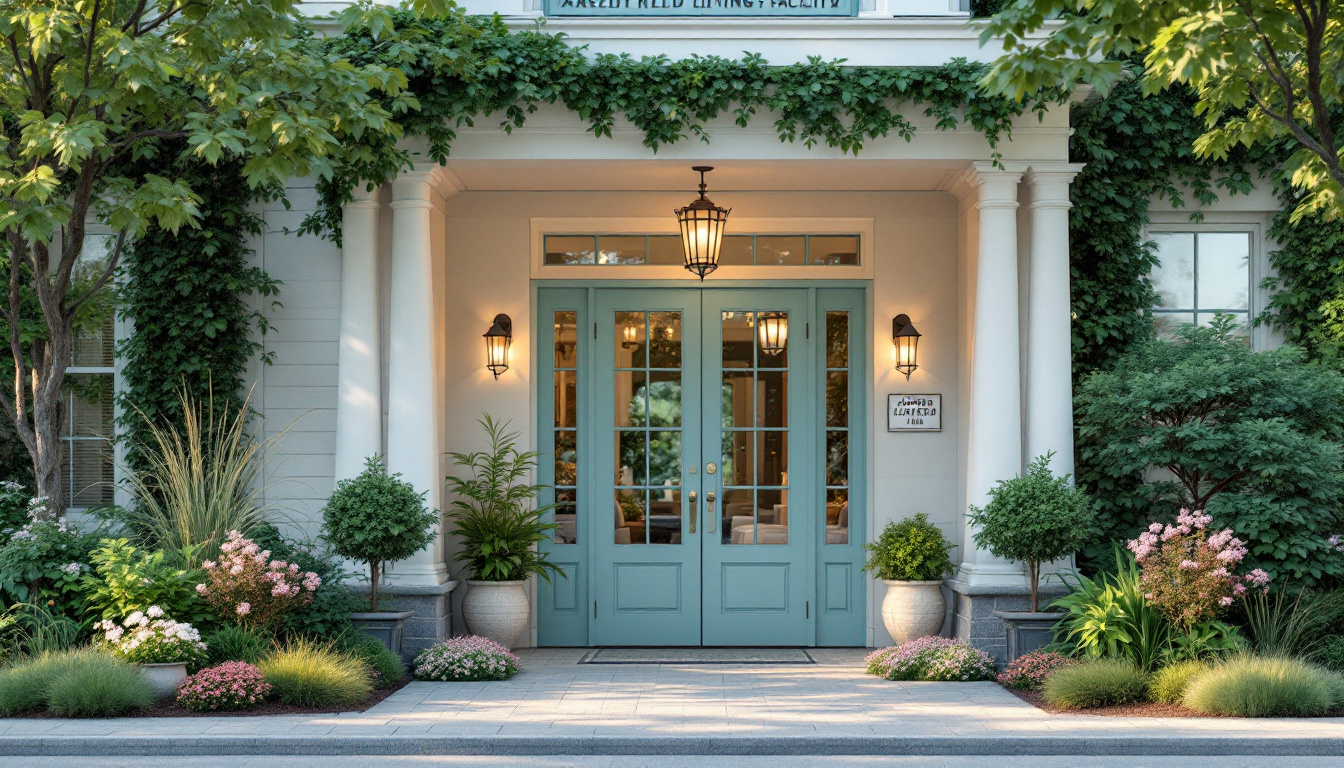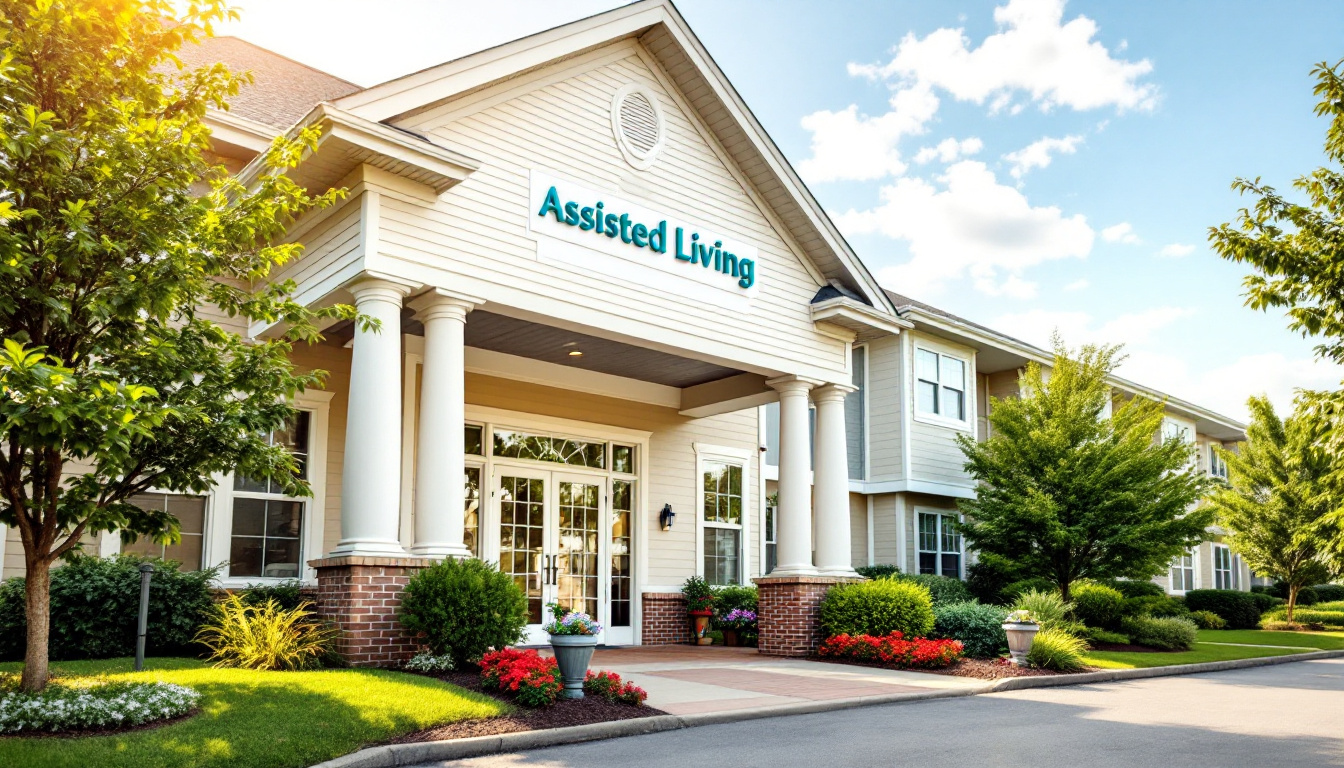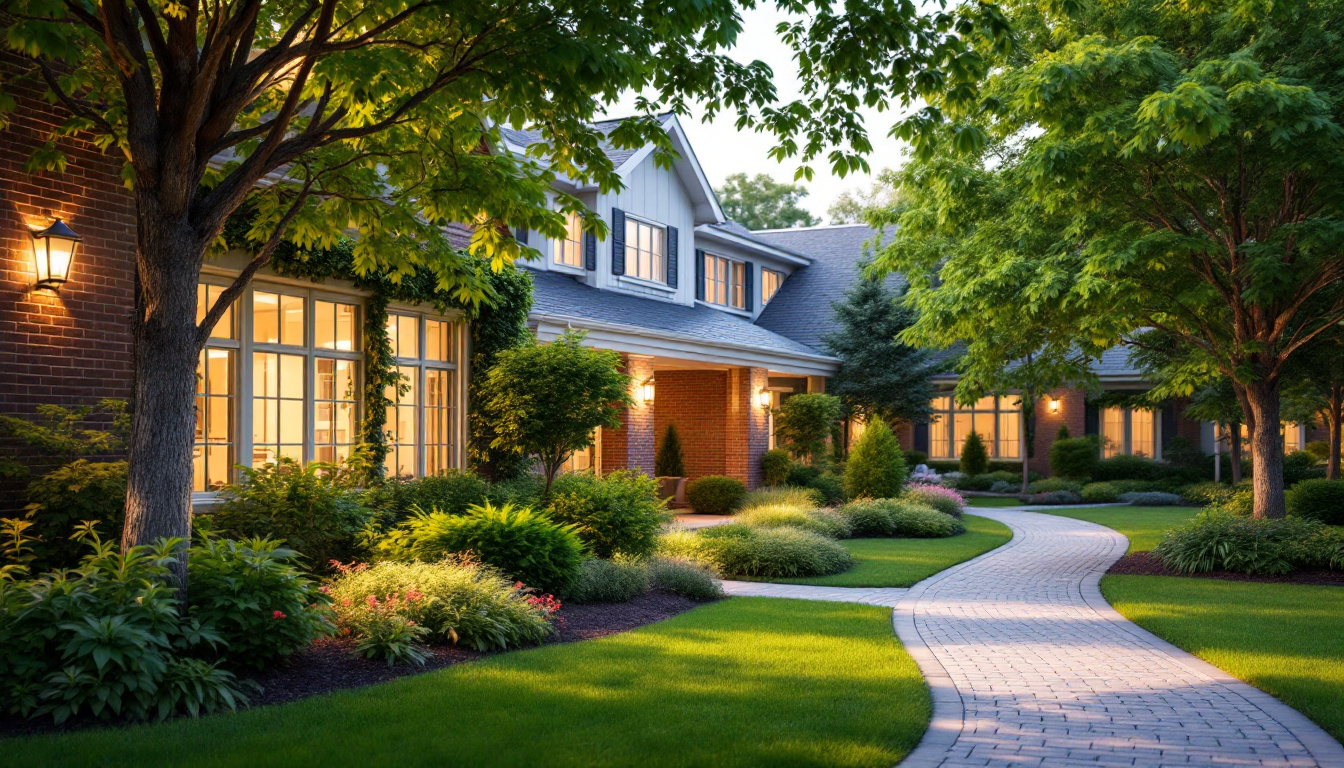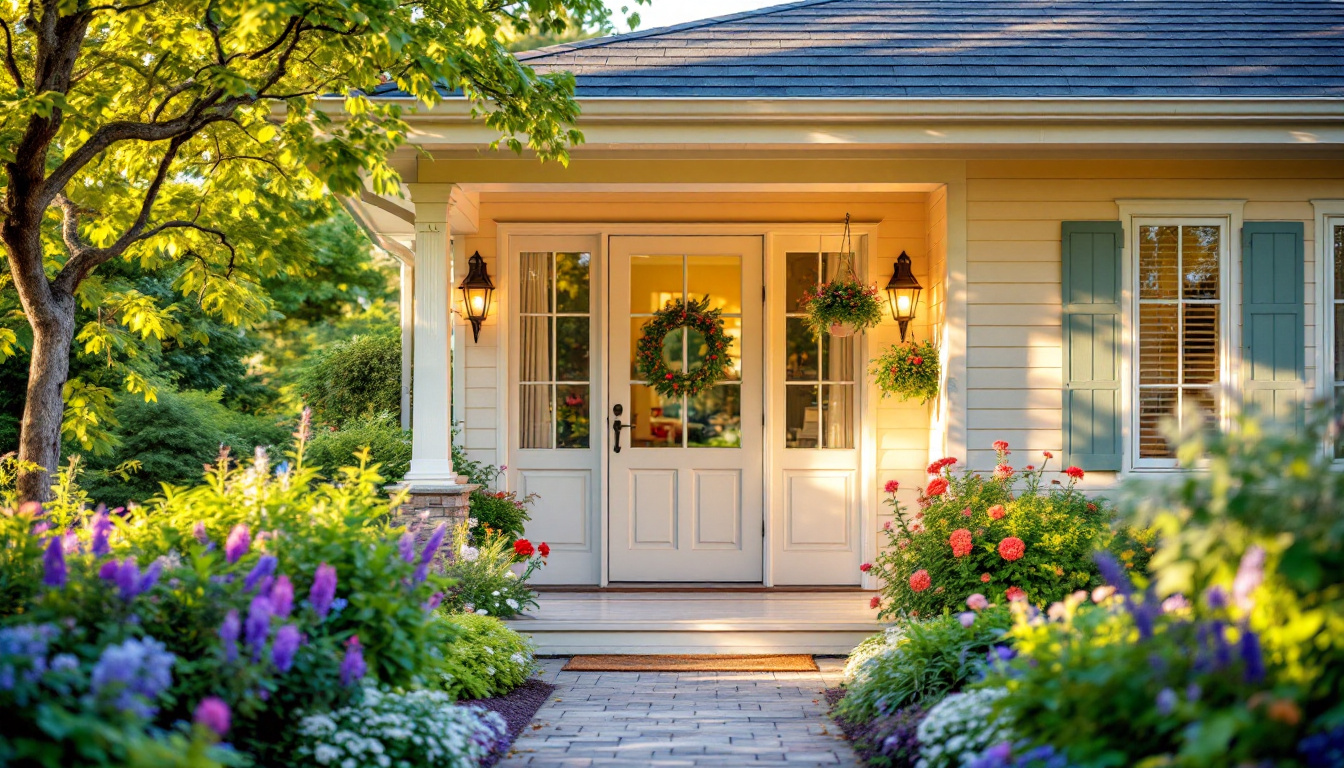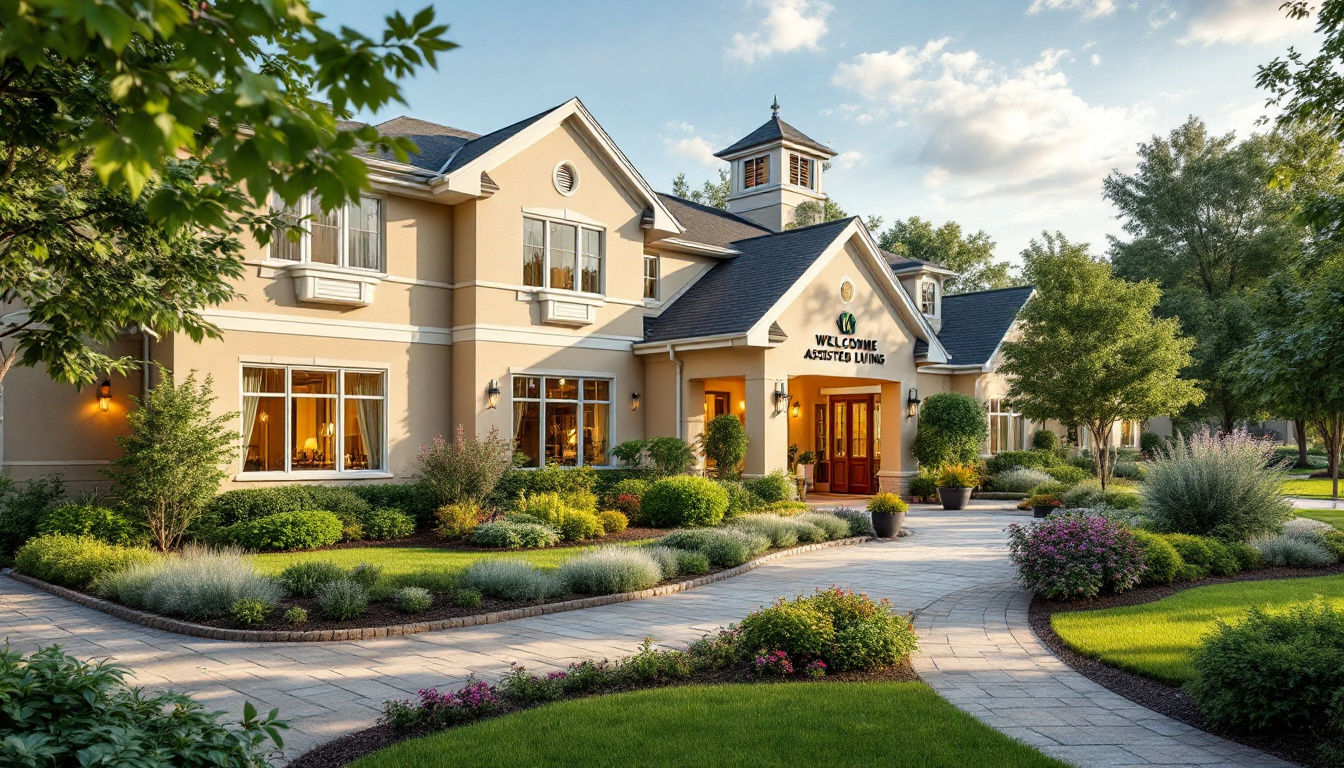How to Find Senior Care That Supports Holistic Health and Wellness
Embracing a Whole-Person Approach in Senior Living

The Rise of Holistic Senior Care
As the aging population grows, so does the importance of comprehensive care models that prioritize overall wellness. Holistic senior care addresses not only physical health but also mental, emotional, social, and spiritual well-being. This approach aims to enhance the quality of life, fostering independence, dignity, and vitality among elderly adults. For families and care providers, understanding how to select facilities and programs that champion holistic health is essential for supportive aging.
Understanding Holistic Health and Its Principles
 Holistic health for seniors encompasses a comprehensive view of well-being that integrates physical, mental, emotional, spiritual, and social health aspects. It recognizes that these elements are interconnected, and addressing them collectively can promote better overall wellness.
Holistic health for seniors encompasses a comprehensive view of well-being that integrates physical, mental, emotional, spiritual, and social health aspects. It recognizes that these elements are interconnected, and addressing them collectively can promote better overall wellness.
Holistic health emphasizes the mind-body-spirit connection, illustrating how mental and spiritual practices—like meditation, yoga, and mindfulness—alongside physical activities like exercise and nutritious diets, work together to support healthy aging. This approach encourages personalized care plans that respect the individual’s unique needs, preferences, and cultural background.
Practices such as massage therapy, aromatherapy, and acupuncture are commonly employed to manage age-related ailments and foster relaxation. Incorporating these therapies helps reduce stress, improve sleep, and alleviate chronic pain. Nutrition and regular physical activity further complement these practices, supporting immune function and mobility.
A senior wellness program, for example, is a structured initiative that promotes overall health and independence in older adults through activities like social engagement, health education, preventive screenings, and emotional support. These programs aim to empower seniors to pursue active, meaningful lives, reducing healthcare expenses by emphasizing prevention and holistic self-care.
In essence, holistic elderly care is rooted in the belief that health is more than the absence of disease—it’s about nurturing the whole person and fostering a balanced, purposeful life. This philosophy guides the development of services, therapies, and community activities designed to support aging with dignity, resilience, and vitality.
Key Practices and Approaches in Holistic Senior Care

What are the approaches and practices in holistic senior care?
Holistic senior care takes a broad and inclusive approach, focusing on the physical, emotional, mental, social, spiritual, and environmental well-being of elderly individuals. This approach uses personalized care plans that incorporate a variety of therapies and activities aimed at enhancing overall quality of life.
Practices include massage therapy, aromatherapy, yoga, tai chi, meditation, and art therapy. These methods help seniors relax, improve flexibility, and achieve emotional balance. Additionally, social engagement activities, volunteering, pet therapy, and spiritual practices are vital components that foster purpose and community connection.
Healthcare providers conducting comprehensive assessments and working within interdisciplinary teams are essential for creating respectful, patient-centered care. They consider individual cultural and spiritual preferences to support a balanced and fulfilling lifestyle.
Looking ahead, the future of holistic elder care involves integrating innovative technology, expanding professional training, and emphasizing preventive health strategies to maintain well-being as people age.
Benefits of Holistic Health in Aging

How does holistic health improve the quality of life for seniors?
Holistic health significantly enhances seniors' overall well-being by focusing on mind, body, and spirit. It encourages personalized care plans that address physical ailments, emotional needs, and social connections, creating a balanced lifestyle.
Activities like nutritious eating, regular exercise such as yoga or tai chi, and mindfulness practices promote physical vitality and mental clarity. Engaging in spiritual or creative activities fosters a sense of purpose and emotional stability.
Through these varied approaches, seniors often experience increased energy, better sleep, reduced pain, and an improved outlook on life. The supportive environment and tailored activities help foster independence, dignity, and hope.
Impact on physical, mental, and emotional health
Holistic health practices have proven benefits across multiple health domains. Physical benefits include improved mobility, circulation, and immune function, often achieved through massage, acupuncture, or water-based exercises.
Mentally, seniors can experience enhanced cognitive function and concentration through mental stimulation activities such as lifelong learning, art therapy, and social groups.
Emotionally, engaging in spiritual or community activities decreases feelings of loneliness and depression, boosts resilience, and nurtures a positive outlook.
By integrating these approaches, holistic care supports a resilient, vibrant, and active aging process, helping seniors maintain their independence and quality of life.
Innovations and Trends in Holistic Elder Care
 Current trends and innovations in holistic elder care and wellness programs emphasize the integration of modern technology, environment-friendly designs, and community-driven initiatives. The use of telehealth platforms allows seniors to access healthcare services remotely, facilitating ongoing health monitoring and consultations without the need for frequent visits to healthcare facilities.
Current trends and innovations in holistic elder care and wellness programs emphasize the integration of modern technology, environment-friendly designs, and community-driven initiatives. The use of telehealth platforms allows seniors to access healthcare services remotely, facilitating ongoing health monitoring and consultations without the need for frequent visits to healthcare facilities.
Wearable devices such as fitness trackers and health monitors help seniors keep track of vital signs, activity levels, and sleep patterns, providing valuable data for personalized care. Smart home solutions, including adaptable lighting, voice-activated assistants, and safety sensors, enhance independence and safety within living environments.
In addition to technological advances, new therapies and design concepts focus on creating supportive spaces that promote healing and wellness. Sensory gardens and eco-friendly building features foster natural surroundings that support mental and emotional health.
Community-based programs also play a vital role, offering intergenerational activities, art therapy, gardening, and social clubs that foster social engagement, cognitive stimulation, and emotional resilience. Memory care programs incorporate innovative approaches like specialized sensory activities and family engagement tools, improving quality of life for residents with dementia.
Overall, these advancements shift the industry toward more personalized, preventive, and sustainable care models. Strategic movements include adopting value-based care, diversifying revenue through wellness services, and partnering with local organizations to strengthen holistic support networks. By focusing on well-rounded, comprehensive approaches, senior communities are improving residents' health, happiness, and longevity.
Supporting Cognitive and Emotional Well-Being and Managing Chronic Conditions

How can holistic care help in managing chronic conditions like Alzheimer’s and dementia?
Holistic care provides a comprehensive approach to managing complex age-related conditions such as Alzheimer’s and dementia. It goes beyond medications, addressing the full spectrum of an individual's needs—physical, emotional, social, and environmental. This approach tailors care plans to include cognitive stimulation activities like memory games and art therapies, which help maintain mental function. Music therapy, social engagement, and support groups foster emotional stability and reduce feelings of isolation or agitation.
Lifestyle choices also play a vital role. Emphasizing a brain-healthy diet, regular physical activity, and stress management strategies can slow disease progression and enhance quality of life. Environmental modifications—like safe, familiar surroundings and accessible design—create a supportive space that encourages independence.
Integrating these elements, holistic management creates a personalized, person-centered plan. It improves mood, promotes emotional resilience, and supports overall well-being, making it a sustainable strategy for dealing with dementia and other chronic conditions. Through interdisciplinary efforts, holistic care aims to maximize comfort and stability for seniors affected by cognitive decline.
Holistic Care: A Path to Healthier Aging
Choosing senior care that supports holistic health involves a thoughtful evaluation of programs, services, and community environments that prioritize the whole person. Facilities embracing integrative approaches offer numerous benefits, from improved physical resilience to enhanced emotional and spiritual well-being. Engaging in holistic practices—such as massage, aromatherapy, yoga, social activities, and spiritual care—can drastically improve the quality of life for seniors. As care models continue to evolve, integrating technology, personalized therapies, and community involvement will be key to promoting healthier, happier aging. Whether exploring local senior communities or home-based care options, advocates should look for programs committed to nurturing the mind, body, and spirit, fostering independence, dignity, and vitality for the years ahead.
References
- Guide to Holistic Health Care for Older Adults - Highgate Senior Living
- Holistic Health Approaches for Elderly Care
- Communities Where Senior Wellness Means Mind, Body & Spirit
- Living Well: Nine Holistic Approaches to Senior Health
- Living & Care Solutions for Seniors - Trinity Health of New England
- Holistic Senior Care For Improved Well Being & Quality Of Life
- What is Holistic Health for Seniors? | Where You Live Matters
- Holistic Senior Care: A Guide to Comprehensive Wellbeing
- Advancing Well-Being and Health of Elderly with Integrative Nursing ...












